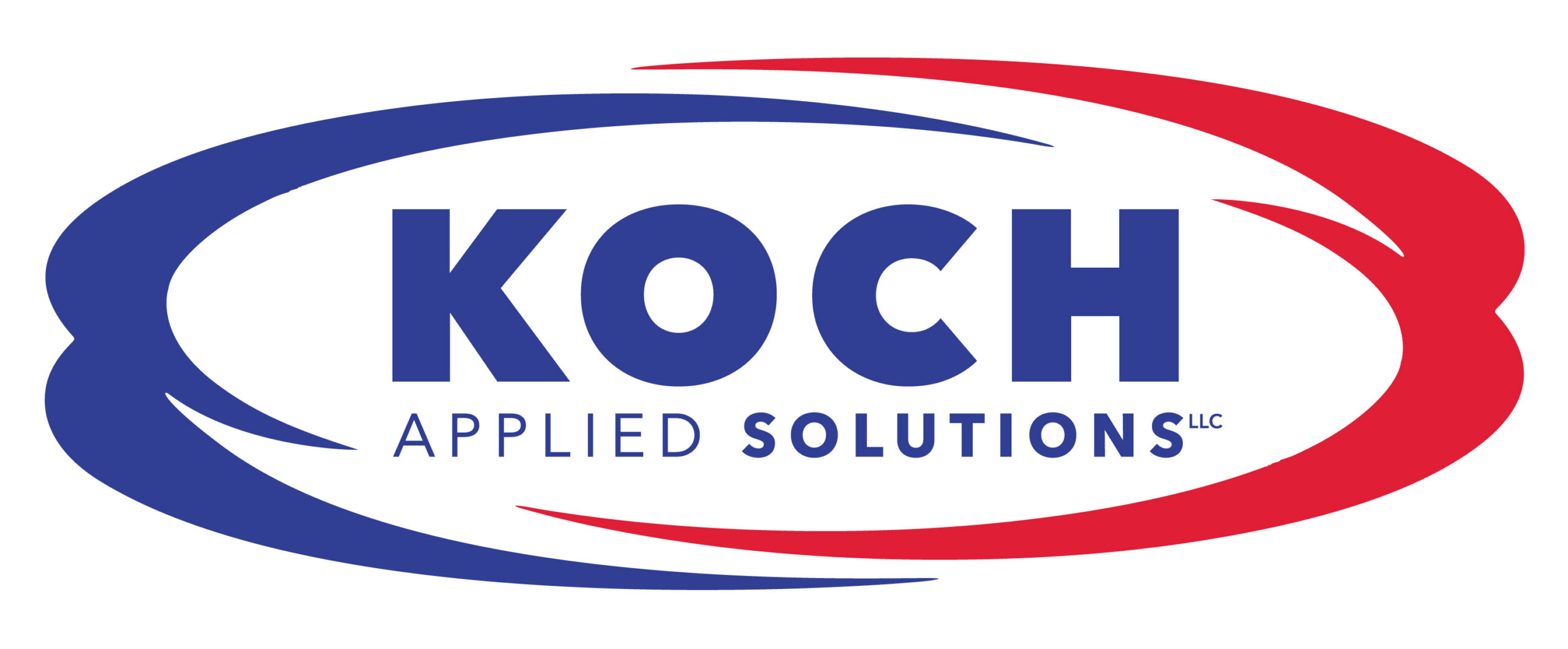Boiler selection plays a crucial role in optimizing the overall efficiency of an industrial facility. Considering the specific requirements of the application or process will help you determine the best type of steam boiler to meet your needs. The most commonly used boiler types in operation today are firetube boilers and watertube boilers. While firetube boilers are less costly and tend to be easy to operate, they have relatively small steam capacities. Watertube boilers are capable of producing high-pressure steam and are often used in applications that require higher capacities.
Once you have determined the type of boiler you need, there are other considerations that will help decide which boiler model will deliver the best performance and the least amount of headaches. The following are five key considerations:
Safety
High pressures and temperatures can make steam boilers dangerous. Even low-pressure boilers need to be approached with caution. When choosing your boiler look for the safest option that will meet your needs. Find out the training involved and the maintenance required for safe operation.
Reliability
When the processes that make your business operational depend on your boiler, reliability becomes essential. Look at track record case studies for any boiler you consider. Keep in mind that water quality can have a huge impact on boiler performance. Water softeners, demineralizers or reverse osmosis systems are sometimes used to improve feed water quality.
Cost
Often purchasers look at price as their number one purchase criterion. Although price is important, unless you consider variables such as run hours and fuel costs, you may not have an accurate picture of what the boiler will really cost. In other words, a cheap boiler is likely to cost you down the road.
Life Cycle Economics
Going along with cost is consideration of life cycle economics. Determining the lowest lifecycle cost involves factors such as initial cost, operating schedules, estimated boiler life, overall boiler efficiency, warranty, annual operating costs for parts and parasitic loads, such as fan horsepower and blowdown requirements.
High Performance
Some boiler applications need an extra level of performance. Industrial processes that require heat or pressure may be lost at significant expense if the entire batch must be scrapped due to boiler or steam system failure. High-performance boilers can provide consistent and dependable operation for these applications.
To learn more about how to choose the best boiler for your application, download our FREE eBook, Choosing the Right Steam Boiler. If you are ready to discuss your project, contact us today!
Questions? Your Lathrop Trotter sales engineer can help! Contact Us


